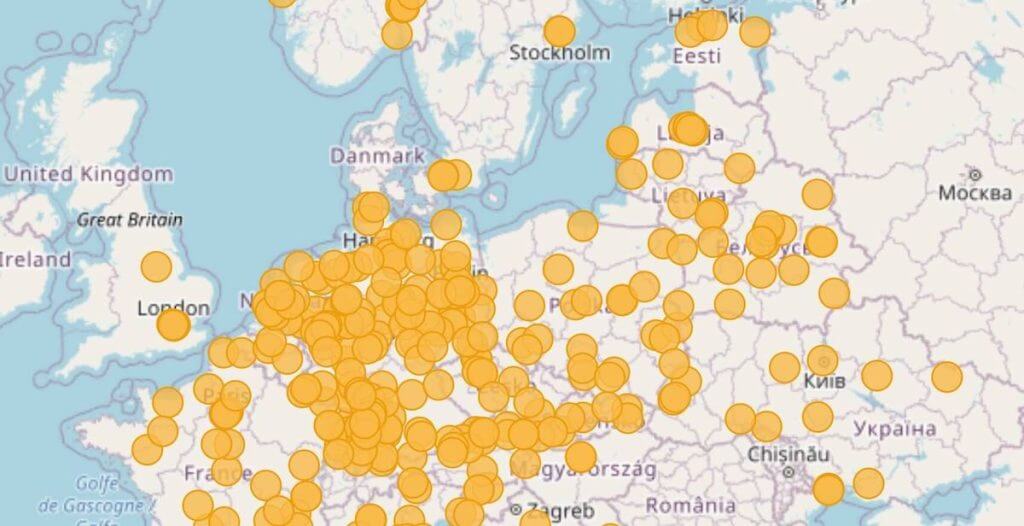
Overview of memorial museums in Germany builds network
Memorial museums play an important role in preserving history and educating future generations about past atrocities. They provide information about the crimes committed by the Nazi regime, commemorate various victim groups, and honor the memory of survivors.
As memorial museums are relied on more and more to support democratic values and counter right-wing populist narratives, it’s more important than ever that they are supported and form part of a strong network.
Gedenkstättenforum overview now links almost 300 memorial museums
This overview of memorial museums, created by the Gedenkstättenforum as a department of the Topography of Terror, is one example of how this network can be strengthened. This survey, originally co-funded by an IHRA Grant, has now been revised and expanded.
In the overview, the details for around 300 memorial museums and documentation sites in Germany are listed, as well as around 450 other memorial museums worldwide that deal with the victims of Nazi persecution and the Second World War. These readily accessible lists allow researchers and museum professionals to build connections and provide opportunities to collaborate outside of their usual network.
The website also contains a multimedia Pageflow, showing the diversity of memorial museums in Germany. Using audio and visual storytelling, this resource explores the development of memorial museums, reflections from visitors to various sites, and some of the changes that these sites have gone through in the almost 80 years since the crimes were committed.
If you’re looking for memorial museums dealing with a particular theme or victim group, these can be found via the historical crime complexes, under categories such as “Concentration Camps,” “Euthanasia,” “Jewish History,” and “Resistance.”
The website also includes a media page, where you’ll find daily updates on German media coverage on the topics of memorial museums for Nazi victims, culture of remembrance and history, right-wing extremism, and related topics.
Memorial museums are crucial for promoting remembrance, understanding historical events, and ensuring that such atrocities are not repeated in the future. With more tools that foster community and collaboration, we are able to tackle these issues together.
Sign up to our newsletter to
receive the latest updates
By signing up to the IHRA newsletter, you agree to our Privacy Policy



